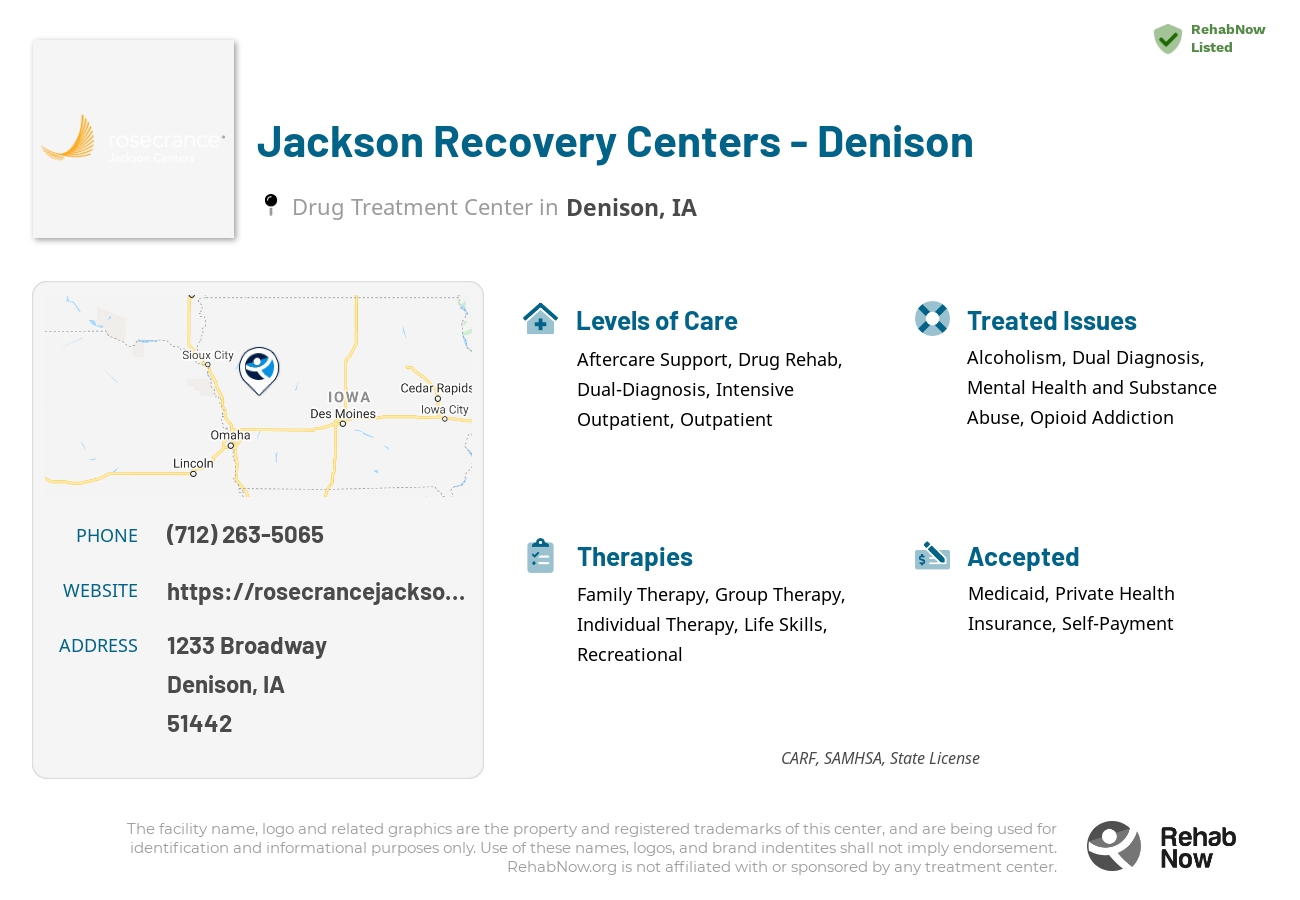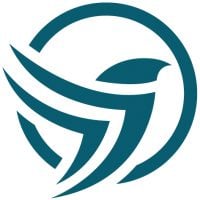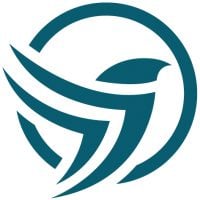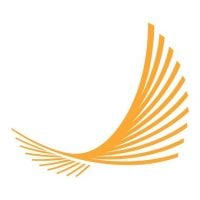Jackson Recovery Centers - Denison
Drug Rehab Center in Denison, Iowa
Jackson Recovery Centers - Denison is an addiction and substance abuse treatment facility in Denison, Iowa, offering personalized and comprehensive treatment services for individuals and families struggling with addiction, including residential and outpatient services, specialized programs for different age groups, and various accreditations and licenses.
About Jackson Recovery Centers - Denison in Iowa
Jackson Recovery Centers in Denison, Iowa, focuses on outpatient treatment for individuals grappling with mental health issues and substance addiction. This center stands out for its commitment to fostering recovery as a journey of discovery and change, tailoring treatment plans to each individual's needs to equip them with the tools for a sober life.
- Personalized Treatment Plans: Each patient receives a treatment plan designed to meet their unique needs, emphasizing personal growth and recovery.
- Comprehensive Services Offered: From assessments and various therapy modalities to OWI/DUI classes and urinalysis drug screening, the center offers a wide range of services.
- Focus on Family Involvement: Recognizing the importance of a supportive environment, Jackson Recovery Centers provides family and multi-family therapy sessions.
Accredited by JCAHO, LegitScript, NAATP, CARF, SAMHSA, and holding a State License, Jackson Recovery Centers - Denison demonstrates a commitment to high-quality care standards. The facility accepts private health insurance, making their comprehensive services more accessible to those in need.
Specializing in treating alcoholism, drug addiction, dual-diagnosis, opioid addiction, and general substance abuse, the center employs an extensive array of treatment methods. These include intensive outpatient care, aftercare support, drug rehab, dual-diagnosis care, and detox services, ensuring a well-rounded approach to recovery.
Genders
Ages
Modality
Additional
Accreditations
State License
SAMHSA
NAATP

LegitScript

JCAHO

CARF
The Commission on Accreditation of Rehabilitation Facilities (CARF) is a non-profit organization that specifically accredits rehab organizations. Founded in 1966, CARF's, mission is to help service providers like rehab facilities maintain high standards of care.
Conditions and Issues Treated
Opioid addiction treatment should be done in a medically supervised drug rehab. While taking opioids, users will typically use other substances to enhance the effects of opioids or to reduce the adverse effects of opioid use. Opioid addiction treatment will include detoxification and drug rehab counseling to help both the user and their loved ones learn how to live a successful sober lifestyle.
Treatments such as methadone, buprenorphine, and naltrexone are three medications that can help treat opioid addiction. These drugs work on the brain’s pleasure center and reduce cravings and the effects of illicit opioids such as heroin. These drugs can be either given orally or by injection. Individual drug rehab counseling sessions can be helpful to discuss any questions or concerns with the drug treatment program. This counseling will also help the user set goals for when they finish drug rehab.
Opioid addiction recovery is a long process. Many of the changes to the brain caused by opioid use cannot be undone, but with time and the proper treatment, a person can return to normal function. After detox, treatment will include drug rehab counseling and entering a halfway house or sober living community. Aftercare is critical to long-term recovery, as it helps the user avoid relapsing and entering back into drug rehab.
Levels of Care Offered
This center offers a variety of custom treatment tailored to individual recovery. Currently available are Aftercare Support, Drug Rehab, Dual-Diagnosis, Intensive Outpatient, Outpatient, with additional therapies available as listed below.
Intensive outpatient treatment is a type of comprehensive addiction care. Unlike conventional residential treatment programs, the patients live at home during the recovery process. This means that one can continue working and caring for their families. These also allow people to keep pursuing their studies while also working on their sobriety.
Outpatient treatment can help one transition to normal life from the round-the-clock supervision and treatment available during inpatient treatment. It is an excellent tool to ensure long-term recovery. However, it is essential to note that intensive outpatient treatment in itself does not remove patients from the real-world setting. This means there’s always a higher risk of coming across environmental triggers. To further prevent relapse, an outpatient treatment center should be able to provide ongoing support services.
Once the patient is enrolled in an intensive outpatient treatment program, they will be expected to attend therapy and group meetings daily for a stipulated period. The frequency and duration of each session will depend on the patient’s needs and level of addiction. This can help curb the habit and deal with underlying issues that led to it. Most of these professional treatments are designed to allow patients to structure their daily schedules in a way that is conducive to recovery.
“Outpatient treatment is ideal for those who have a lower intensity addiction. It’s also suitable for those with a supportive environment and those on a tight budget.
Outpatient treatment can be considered the lowest intensity level of addiction treatment. It is ideal for early phase addiction or lower intensity addictions. It may involve weekly sessions instead of daily. Peer group support, 12-step programs, and individual counseling may still be used and anti-addiction medication.
Aftercare support is vital to those who have completed a drug or alcohol treatment program. This support comes in individual and family counseling, treatment of psychiatric and other medical conditions, and medications to reduce cravings. It helps recovering addicts adjust to normal day-to-day activities and can last for a year or longer.
The majority of drug and alcohol addicts who receive aftercare treatment do not relapse. It is estimated that without aftercare, the relapse rate will be between 70 to 90 percent for most people. Aftercare is the final stage in addiction recovery, but it will also help maintain sobriety if relapse does occur.
Therapies & Programs
No single treatment works for all addicts; therefore, the goal of treatment and therapy should be to find what works best for each individual. Some people requiring addiction treatment may only need a few weeks of inpatient care. Others will require long-term residential care. Tolerance and withdrawal levels vary from person to person and thus affect the intensity of the treatment needed.
If an individualized approach to treatment and therapy is not offered, addicts may fail to reap benefits from their efforts. Professionals must customize plans according to their patient’s needs, limitations, and strengths. The goal of all forms of addiction treatment should be for addicts to find healthy ways to cope with their addiction and its underlying causes.
The therapies usually include siblings, children, and parents who are involved in their daily lives. These sessions are vital because they address past issues that may have hampered an addict’s or alcoholic’s recovery and provide support at a crucial time!
One of the most critical aspects of family therapy is helping addicts’ loved ones see their situation in a new light. It’s also one of the most challenging things a family can do when a loved one struggles with addiction or alcoholism.
Group therapy is held in a safe, controlled setting where patients can feel comfortable sharing their struggles and gaining perspective through shared conversations. It takes place in a group rather than one on one to prevent feelings of isolation or being unique in their situation while creating an environment for addicts at Jackson Recovery Centers - Denison to develop fellowship, accountability, and support. Group therapy is an important tool in recovery that prevents cravings that prompt a return to active addiction.
Life skills training is beneficial for addicts in recovery because it helps them learn how to take care of themselves and improve their quality of life, which can promote feelings of purpose and motivation.
This type of treatment works by teaching individuals life-enhancing skills that support positive living, including:
- Healthy lifestyle habits
- Skills to effectively manage stress
- Effective communication skills to help them get their needs met without turning to drugs or alcohol
- Money management and budgeting skills so they can continue to take care of themselves after treatment ends.
Payment Options Accepted
For specific insurance or payment methods please contact us.
Is your insurance accepted?
Ask an expert, call (888) 674-0062
Jackson Recovery Centers Associated Centers
Discover treatment facilities under the same provider.
- Jackson Recovery Centers - Synergy Center in Cherokee, IA
- Rosencrance Jackson Centers - Spencer Office in Spencer, IA
- Jackson Recovery Centers - Le Mars in Le Mars, IA
- Rosencrance Jackson Centers - Sheldon Office in Sheldon, IA
- Jackson Recovery Centers Synergy Center in Cherokee, IA
Learn More About Jackson Recovery Centers Centers
Additional Details
Specifics, location, and helpful extra information.
Denison, Iowa 51442 Phone Number(712) 263-5065 Meta DetailsUpdated April 15, 2024
Staff Verified
Jackson Recovery Centers - Denison Patient Reviews
There are no reviews yet. Be the first one to write one.
Denison, Iowa Addiction Information
Iowa ranks 2nd lowest in the nation for illicit drug use, but 12% of its residents are still using these drugs every single year. Methamphetamines account for more than 90% of all drug-related prison admissions in Iowa. Alcohol is the most widely abused substance in the state, with 23% of residents admitting to heavy drinking.
Denison, Iowa has a population of 4800, with over 1200 people addicted to drugs. The most common drugs of abuse in Denison are marijuana, cocaine, and methamphetamine. The percentage of people with alcohol problems in Denison, IA, is 8.2%. The addiction rate is about 1 in 4. The good news is that there are many excellent drug rehab facilities in Denison and nearby that can help people overcome addiction.
Treatment in Nearby Cities
- Cedar Falls, IA (153.2 mi.)
- Cresco, IA (189.9 mi.)
- Fairfield, IA (189.0 mi.)
- Des Moines, IA (94.0 mi.)
- Atlantic, IA (45.9 mi.)
Centers near Jackson Recovery Centers - Denison
The facility name, logo and brand are the property and registered trademarks of Jackson Recovery Centers - Denison, and are being used for identification and informational purposes only. Use of these names, logos and brands shall not imply endorsement. RehabNow.org is not affiliated with or sponsored by Jackson Recovery Centers - Denison.












